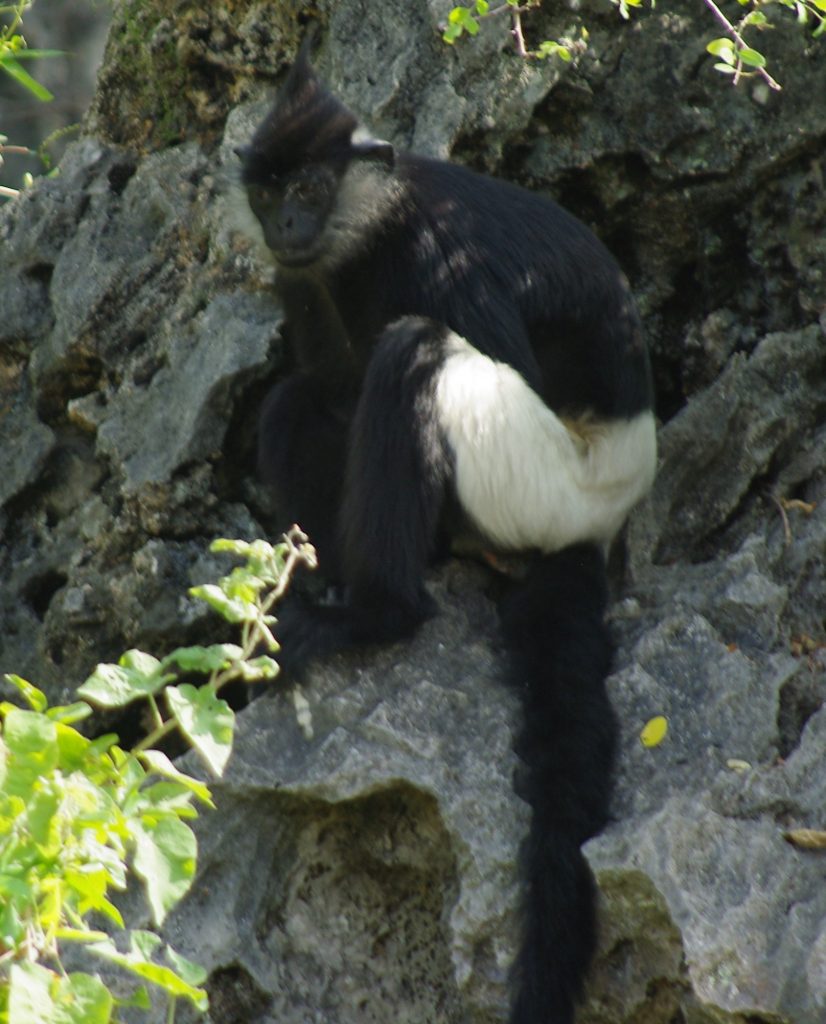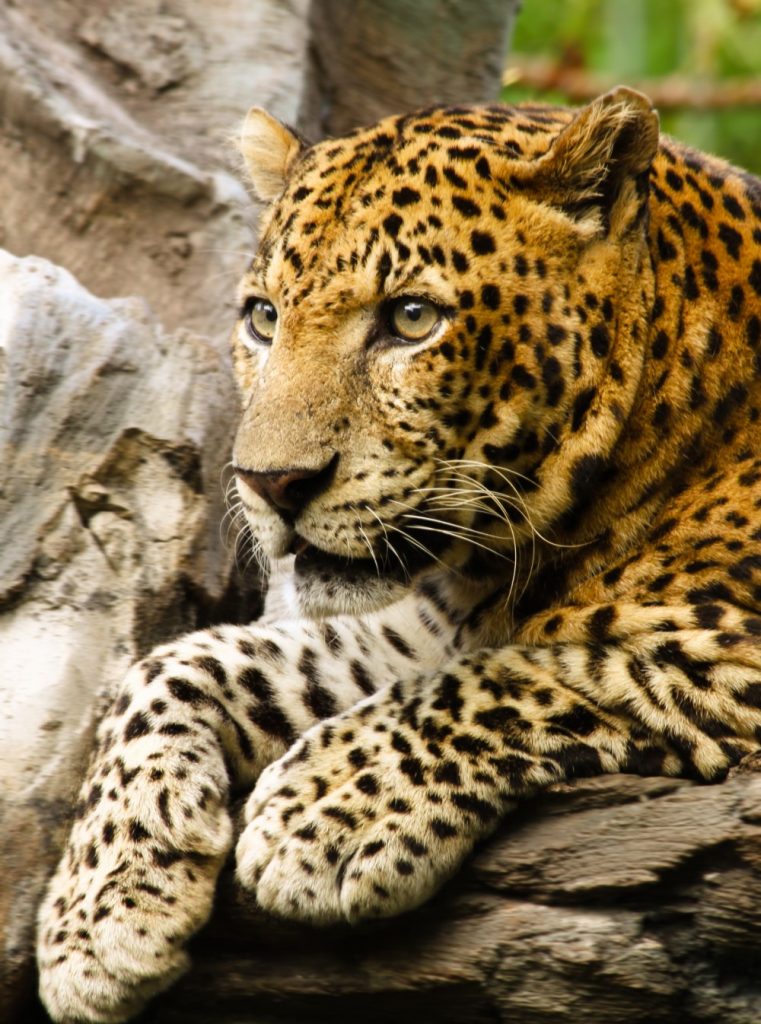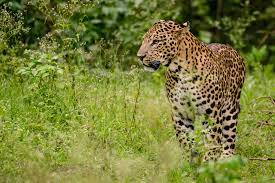Just four birds have a population over a billion, house sparrows European starlings ring-billed gulls and barn swallows.
At the other end, there are over 1180 species with 5000 or less members left.
The last time this survey was done was 24 years ago, the estimate was 200 to 400 billion birds, though it is clear that some of this reduction in numbers will be down to a more accurate survey – still many birds are heading rapidly in the direction of extinction.
The first thing to be done in conservation is to understand the current situation, so this is a great first step. Now the world needs to work hard on conserving what is left – unfortunately this is a rather bigger task. However now we know what needs to be done we merely need to get on with it.
















